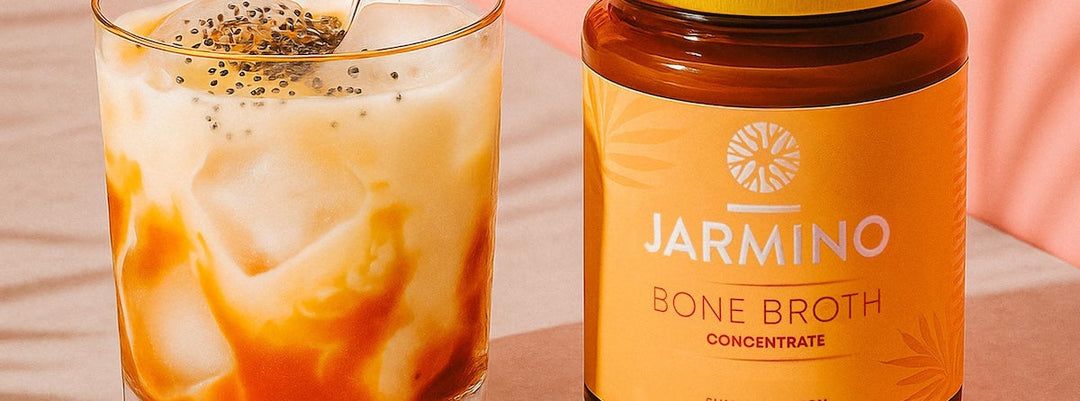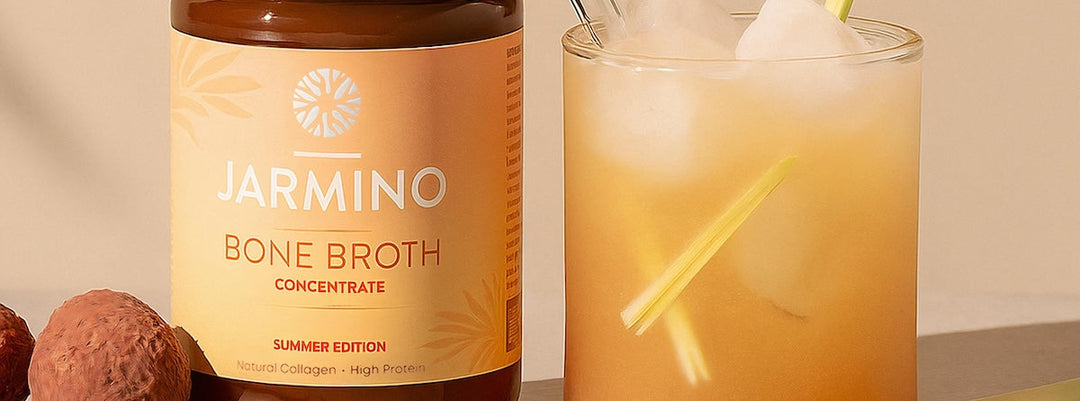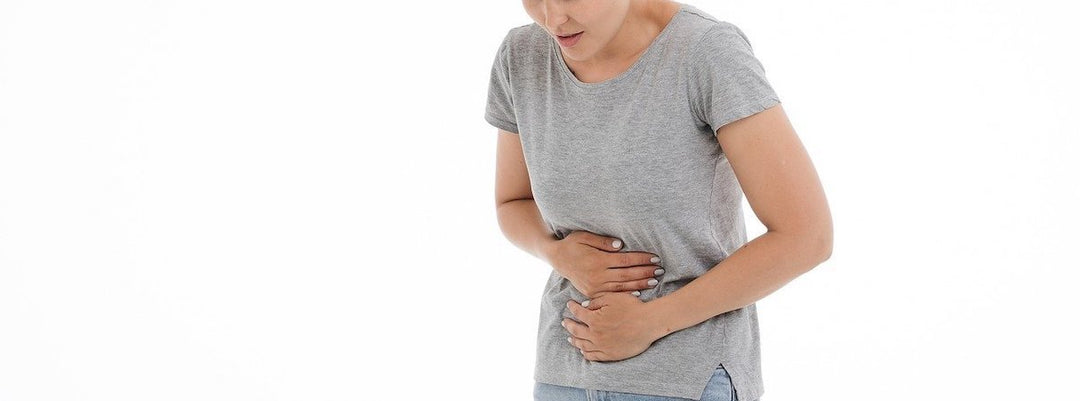Built up gut flora after diarrhoea
Proteins (especially collagen) as well as probiotic and prebiotic foods are suitable for building up the intestinal flora after diarrhoea. Excessive consumption of fat should be avoided.
Gut-related cause of diarrhoea
Diarrhoea can be a symptom of an intestinal infection caused by a virus, bacteria or parasite.
Common causes of diarrhoea are:
- Disturbed intestinal flora: A diet rich in carbohydrates and sugar leads to an imbalance of positive and negative intestinal bacteria. Too many negative intestinal bacteria affect digestion, which can lead to diarrhoea.
- Irritable bowel: Diarrhoea is a symptom often associated with irritable bowel syndrome (a disease of the large intestine).
- Intestinal diseases: Ulcerative colitis, Crohn's disease, microscopic colitis, celiac disease, irritable bowel syndrome and bile acid malabsorption.
- Gastroenteritis: Gastroenteritis, also known as infectious diarrhoea, is an inflammation of the gastrointestinal tract, stomach and small intestine.
Effect of probiotics and prebiotics on infectious diarrhoea
Probiotics can shorten the onset of infectious diarrhoea. Probiotics in the bowel can help the body fight the germs that cause diarrhoea (1). Prebiotics are food for the good bacteria in the bowel and help to reduce the speed at which the stool passes through the body.
Probiotic foods include
yoghurt, kefir, sauerkraut, kimchi, miso, kombucha, buttermilk.
Prebiotics are fibre. Water-soluble fibre from fruit (e.g. apples), vegetables, legumes and oat products is recommended for diarrhoea. If these ferment easily in the large intestine, they also have a prebiotic effect.





